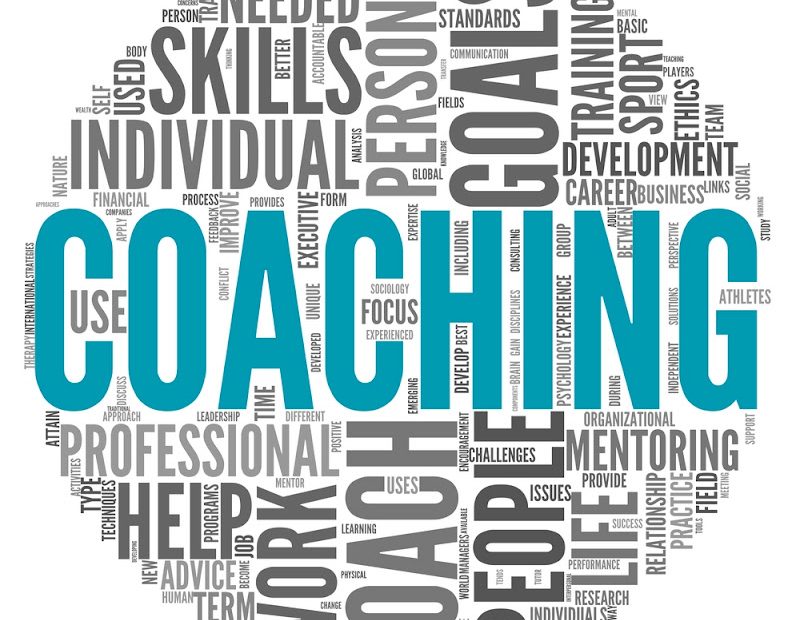One of the hallmarks of someone who is passionate about what they do is that they are always trying to get better. This is true with personal relationships and goals as well as in their professional roles. A coach can help an individual at any level make small improvements that add up to big results.
The Role of a Coach
Coaches start by creating a space of trust and openness where individuals feel comfortable exploring their goals and potential challenges. This partnership environment allows for honest introspection, a crucial step in personal and professional growth. The coach’s role is not to set goals for the individual but to facilitate a process where individuals can identify what they genuinely want to achieve. This could range from career advancement to improving health and wellness, or often a blend of both. The key is that the goals are self-determined, ensuring a strong personal commitment to seeing them through.
One of the coach’s primary tools is the art of questioning. Coaches encourage individuals to go deeper into their thoughts and feelings by asking thought-provoking and reflective questions. This process helps clarify their goals, making them more tangible and achievable and allowing the individual to see progress and improvement in small increments.
Beyond Goal Setting
Setting goals is just the beginning. Professional, certified, and experienced coaches excel in guiding individuals through the journey of breaking these goals into smaller, manageable steps. Each small step is designed to be a building block towards the larger goal, creating a sense of progress and motivation. This incremental approach is less intimidating and more rewarding, keeping individuals engaged and focused while seeing positive results quickly.
Coaches also help individuals work through beliefs that may hold them back. They ask questions that help people reflect on their abilities and how to harness their skills and talents to achieve their goals. Learning to tap into individual strengths is a central part of making improvements.
Additionally, a coach helps the individual identify options for learning and reflection to aid them in reaching their goals. They encourage individuals to regularly reflect on their progress, assess their plans, and make necessary adjustments based on new information. This constant cycle of action, reflection, and adaptation is critical to ongoing and continuous improvement by providing feedback and support as positive changes occur.
The role of a coach in helping people achieve personal and professional goals is central to creating a space for improvement. Through the partnership, individuals learn to set meaningful goals, break them down into achievable steps, leverage their strengths, learn from their challenges, and continuously improve through a collaborative and supportive coaching relationship.

